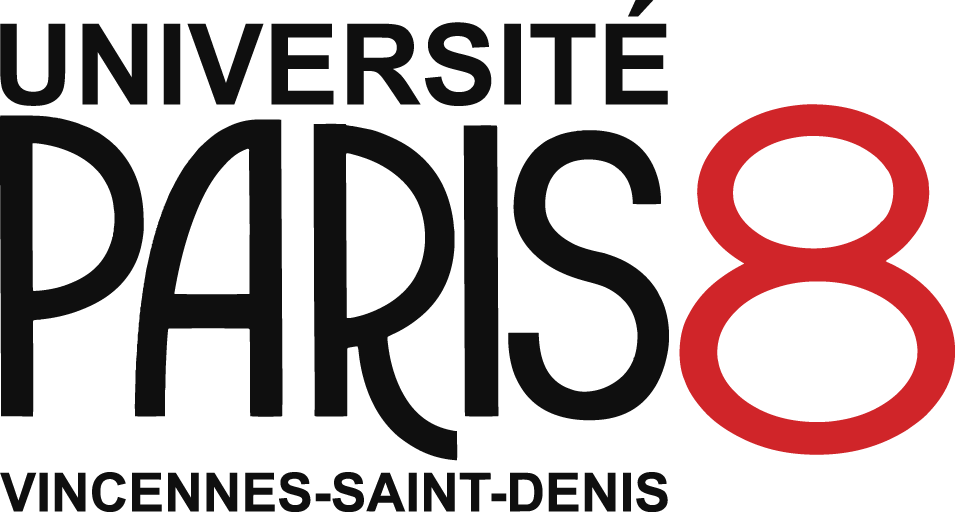The figure of the teacher, culture and emancipation in Le Maître Ignorant by Jacques Rancière
La figure du professeur, la culture et l'émancipation dans Le Maître Ignorant de Jacques Rancière
Résumé
Jacques Rancière's famous book Le Maître ignorant (The Ignorant Master) sees the ethical and pedagogical relationship between teacher and pupil as the expression of a power struggle: ‘The master is the one who imprisons an intelligence in an arbitrary circle from which it can only escape by making itself necessary’. For Rancière, there should be no confrontation of intelligences but only the force of a will, which of the master, exerted on that of the pupil, called upon to walk in the path of his own orbit, to draw his own ellipse. But can't an inquisitive, cultured teacher who has a ‘vague desire to know everything, to know everything’, without domination, arouse in the pupil the desire to understand more and more, to go further and know more, as in a fairy tale where you want to find out what happens next at every moment? Our in-depth critique of Ranciere's thesis takes a broader look at the figure of the teacher in his or her relationship to knowledge, but also in his or her intellectually and humanly emancipating relationship with the pupil, in order to follow his or her own crest line in the universal constellation of knowledge.
Le célèbre ouvrage de Jacques Rancière intitulé Le Maître ignorant conçoit la relation éthique et pédagogique entre l'enseignant et l'élève comme l'expression d'un rapport de forces : « Maître est celui qui enferme une intelligence dans le cercle arbitraire d'où elle se sortira qu'à se rendre à elle-même nécessaire. » Pour Rancière, il ne devrait y avoir de confrontation des intelligences mais seulement la force d'une volonté, celle du maître, exercée sur celle de l'élève, appelé à marcher sur le chemin de sa propre orbite, à dessiner sa propre ellipse. Toutefois, un maître curieux et cultivé, qui éprouve le « vague désir de tout connaître, de tout savoir » ne peut-il sans domination susciter chez l'élève, le désir de comprendre toujours plus loin, d'aller outre et de connaître davantage, comme dans un conte de fée où l'on veut à chaque instant découvrir la suite des péripéties ? Notre critique approfondie de la thèse ranciérienne interroge plus globalement la figure du maître dans son rapport au savoir, à la connaissance, mais aussi dans sa relation intellectuellement et humainement émancipatrice à l'élève, pour suivre, dans la constellation universelle du savoir, sa propre ligne de crête.
Fichier principal
 Vian_ProfesseurCultureEmancipation_MaîtreIgnorant_Rancière.pdf (401.88 Ko)
Télécharger le fichier
Vian_ProfesseurCultureEmancipation_MaîtreIgnorant_Rancière.pdf (401.88 Ko)
Télécharger le fichier
| Origine | Fichiers produits par l'(les) auteur(s) |
|---|---|
| licence |



